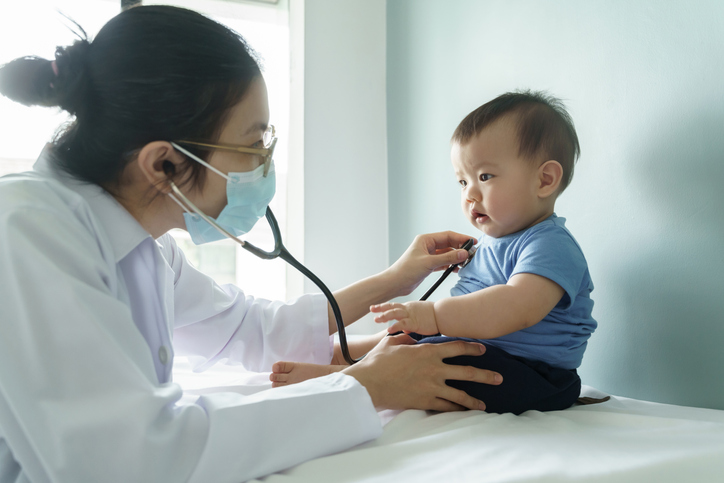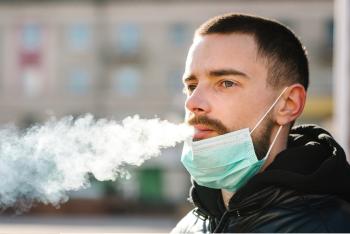Quitting smoking is crucial for improving lung function and enhancing the immune response...
Read MoreYellow Status: Due to the positivity rates of respiratory viruses in the area, masks are required for staff and strongly encouraged for patients and visitors in high-risk clinical areas at Inspira Health facilities as of 1/8/25.


This year, an early spike in cases of respiratory syncytial virus (RSV) is leading to higher rates of infection and hospitalization, which is especially concerning for families with young children or older adults. Understanding RSV and its symptoms can help ensure you seek treatment for yourself and your family at the first signs.
“RSV is a common, contagious respiratory virus that infects the lungs and airways,” said Haytham Hamwi, M.D., a Nemours pediatrician and pediatric hospitalist at Inspira Medical Center Mullica Hill. “Although most people recover from RSV in a week or two, it can be dangerous, especially for older adults and infants.” RSV usually spreads throughout the winter, from late December through early February. This year, however, it started circulating in the United States earlier.
“Children at highest risk for severe RSV or developing complications from RSV include infants six months and younger, premature infants and those with chronic lung or heart conditions,” said Dr. Hamwi. “Children with weakened immune systems and those with neuromuscular disorders are also at increased risk.” RSV can be dangerous for older folks as well. Adults who are 65 years and older, immunocompromised or have chronic heart or lung conditions may also face severe complications from RSV.
RSV usually results in a mild cold, but it can also lead to more severe illnesses, such as bronchiolitis, inflammation of the lung’s small airways, or pneumonia. Since RSV symptoms are similar to other upper respiratory infections, the only way to determine which virus is causing an infection is through a test.
Symptoms of RSV usually appear within 4 to 6 days of being infected and include the following:
In infants younger than 6 months old, RSV symptoms may be less noticeable. They may include irritability, decreased activity or loss of appetite. In severe cases, your child may experience difficulty breathing. If your child has abnormal breathing or an extreme loss of appetite, seek medical care immediately.
If you’re in regular contact with a young child or older adult at increased risk for RSV, you can help keep them safe by taking the following steps:
Inspira offers emergency pediatric care at Inspira Medical Centers Mullica Hill and Vineland. Click here for more information on Pediatric Care.
Inspira Health is a high reliability organization (HRO), which means safety is the top priority for patients and staff. To make an appointment, call 1-800-INSPIRA.

Quitting smoking is crucial for improving lung function and enhancing the immune response...
Read More
Pulmonary rehabilitation is a multifaceted program that includes personalized exercise routines...
Read More
Heart disease symptoms can manifest differently in women than in men, making early detection...
Read More
The material set forth in this site in no way seeks to diagnose or treat illness or to serve as a substitute for professional medical care. Please speak with your health care provider if you have a health concern or if you are considering adopting any exercise program or dietary guidelines. For permission to reprint any portion of this website or to be removed from a notification list, please contact us at (856) 537-6772